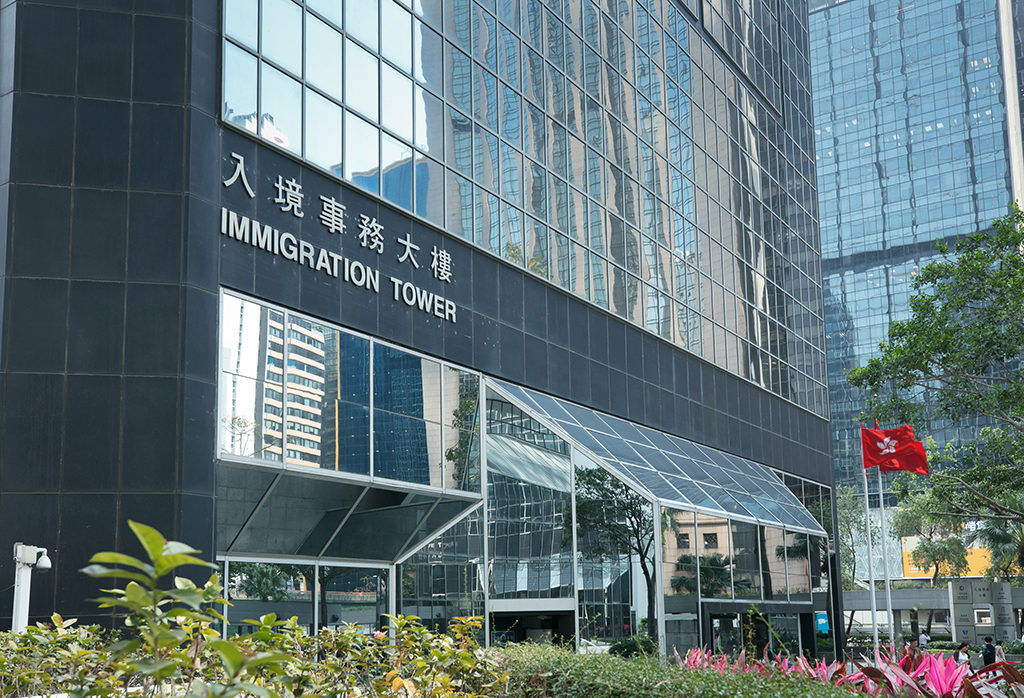Alternatives and Tips for Working Capital Financing by Banks
Canadian business owners and financial managers who seek finance by banks or other sources generally experience growth in sales and profits. That’s the good news, which of course is offset by the fact that this type of success requires additional working capital.
Liquidity has become the name of the game and ‘money is king’ even today never seems like an old-fashioned cliche? . A recent study by the Conference Board of Canada shows that the main concern of business owners is working capital cash flow. (Also referred to as ‘regulatory and competition issues’)

So you have assets … but can those assets generate cash flow by banks or other alternative sources.
For working capital needs, this is all about ‘current assets’ which includes receivables and inventory. When you invest in these two assets to generate sales, your working capital needs increase, and your ability to manage and hand over those assets plays a key role in the provision of working capital by banks, and non-bank institutions.
You don’t need to be afraid to get into traditional or alternative working capital solutions if you have managed your current assets correctly – you only make money for liquidity, and that is rarely a bad thing.
So, Canadian chartered banks are the solution for your needs. Maybe, maybe, maybe our answer, which means that if your company is able to meet the bank’s criteria for a revolving credit line, your needs can usually be met. What is even more concerning for our clients … READ MORE ...














